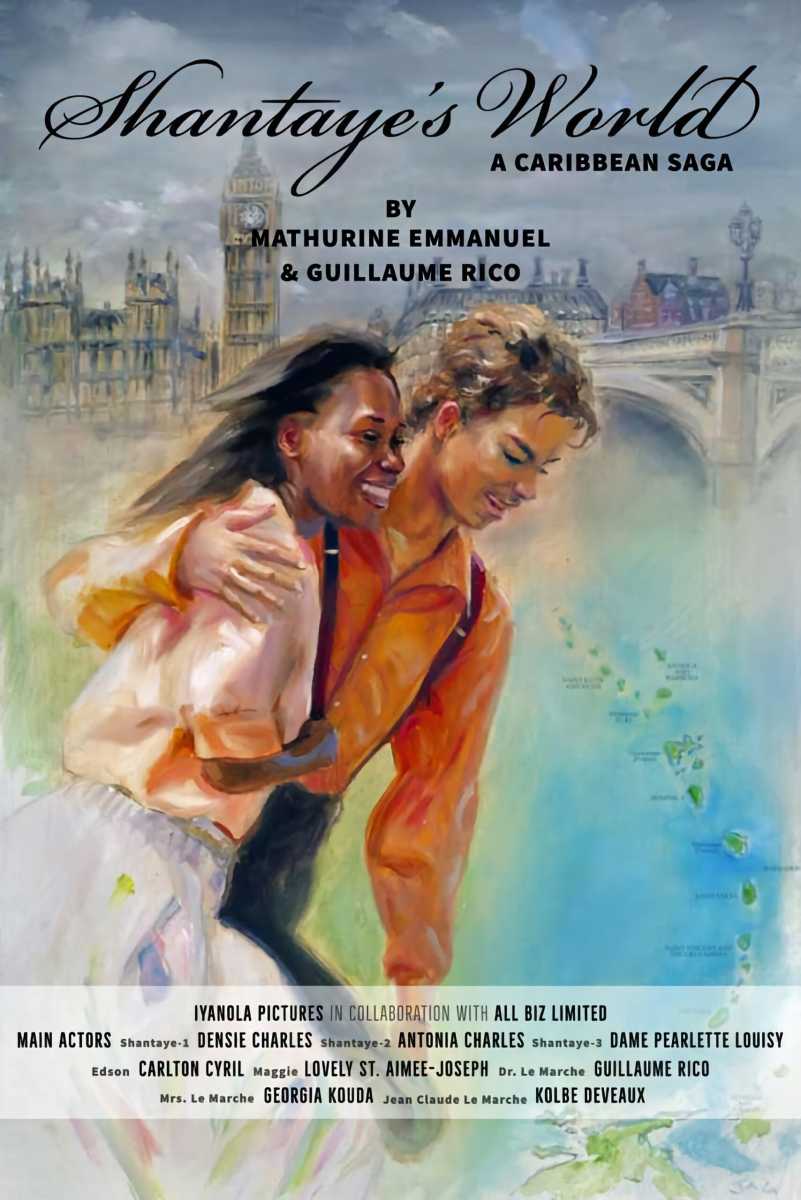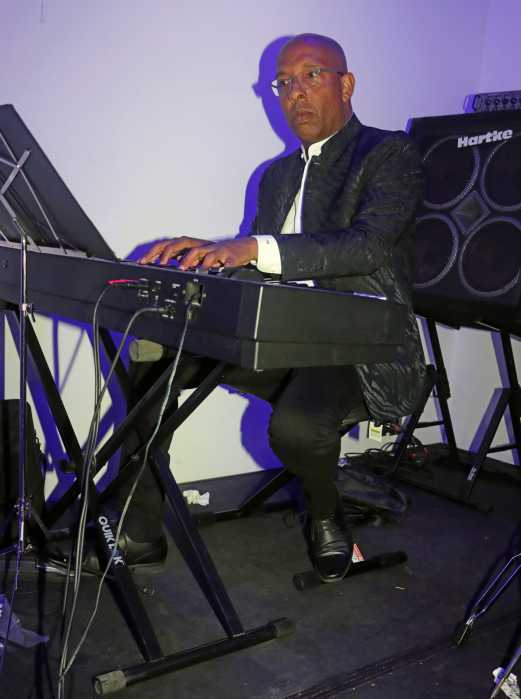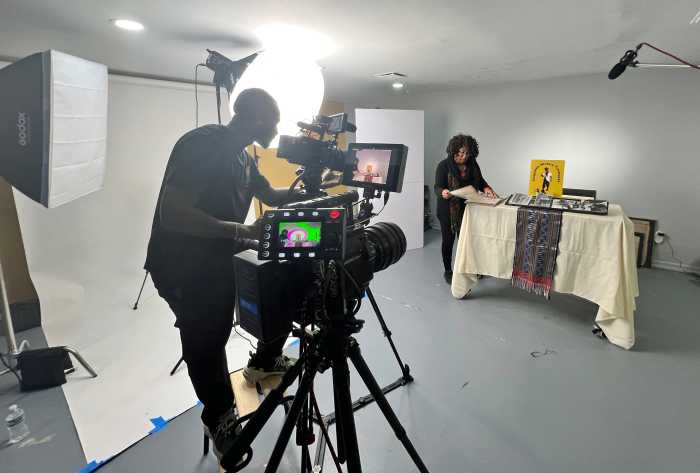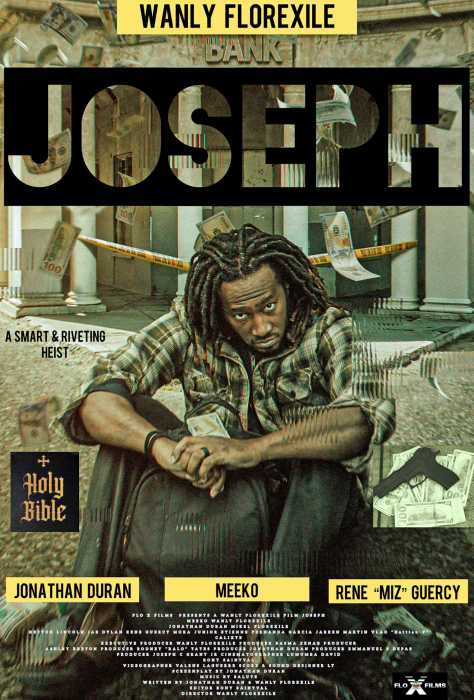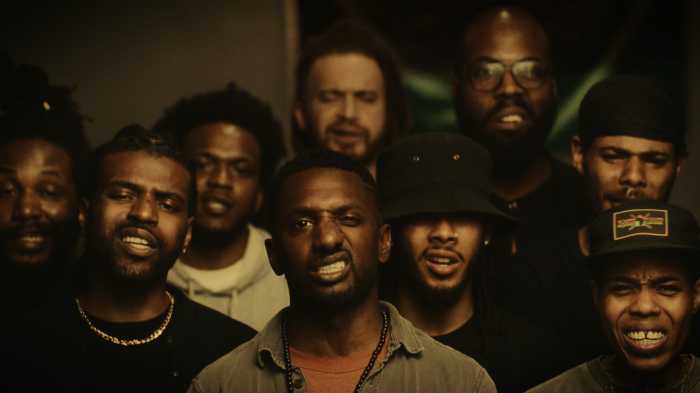Five locations in Manhattan hosted the 31st annual African Diaspora International Film Festival this year and among the continents lensing Black achievements, Caribbean filmmakers showcased the storied legacy of the region by spotlighting excellence represented by nationals from St. Lucia, Jamaica, Cuba, Puerto Rico, Haiti, Suriname, Dominica, Curacao, Guadeloupe and other countries within the Caribbean diaspora.
The Schomburg Center, Columbia Teacher’s College, Cinema Village, The Majic Johnson Theater, and Leonard Nimoy Thalia unleashed a plethora of films to showcase “the pioneering works of Caribbean filmmakers passionate about showcasing their homeland.”
According to ADIFF director Diarah N’Daw Spech among the 85 narratives and documentaries from 33 countries presented this year ‘s offerings “explores the rich cultures, histories, and challenges of the Caribbean.
Throughout three decades N’Daw Spech has been vigilant in acquiring excellence representative of the region.
She explained that the films represent “a diverse array of comedies, compelling dramas, and thought-provoking documentaries hailing from major film festivals including Berlinale, Cannes, Toronto, Locarno, FESPACO, Trinidad Tobago and Durban, South Africa.”
The lineup includes films by Sarah Malodor from Guadeloupe with Leon G Damas, Sergio Giral from Cuba with “Maluala” Christian Lara – regarded by many as “the Father of French Antilles cinema” – with “Yafa, Forgiveness” Black British filmmaker Menelik Shabazz, whose roots trace back to Barbados, with “The Story of Lovers Rock” and Felix De Rooy, a filmmaker from Curaçao with an incisive eye and a universal reach that screened three films presented in the festival: “Ava & Gabriel, a love story,” “Almacita, Soul of Desolato,” and “Desire,” each offering a unique perspective on Caribbean cinema.
In 1804, Haiti’s historic revolution against French colonial rule made it the first independent, Black-led nation in the Western Hemisphere. This monumental event not only transformed Haitian history but also inspired movements for liberation and self-determination globally.
Haiti’s 1804 revolution holds immense significance, symbolizing empowerment, and resilience, not just for the Caribbean, but for oppressed communities worldwide. “Kafe Negro, Cuba, and the Haitian Revolution” by Mario Delatour, “Haiti is a nation of Artists,” by Jacquil Constant and “Ludi” by Edson Jean – an exquisite drama about a young Haitian nurse in Miami looking for extra work to send money back home – are three films that celebrate Haiti’s contribution to the world.
Suriname, situated in South America, shares strong cultural and historical ties with the Caribbean. Despite its mainland location, it’s often considered part of the Caribbean due to shared experiences and cultural bonds. The festival featured two notable films from Suriname – “Aluka Liba:Maroon Again,” by Nicolas Jolliet is a docu-drama following Loeti, an army veteran yearning to reconnect with his roots among the Aluku people, the first Maroons of French Guiana and Suriname.
In “You Can Read, Can’t You,” Ananta Khemradj, a young Surinamese journalist and filmmaker, delves into the history of her country against the backdrop of a high-profile trial involving the President’s alleged involvement in political violence in 1982.
A strong African retention in the Caribbean is explored through the film “Diaspora” by Dominican filmmaker
Héctor Valdez, a documentary that delves into the formation of Caribbean identity through the interplay of culture, ideas, and art within the migration to and from the region. The film includes insightful interviews with figures such as Julia Alvarez, acclaimed for “In the Time of the Butterflies,” and embarks on a visual odyssey across the Atlantic — from the Dominican Republic, Cuba, and Puerto Rico, to the historic isle of Goree in Dakar, Senegal.
“Santiago of the Women” by Puerto Rican filmmaker Rosamary Berrios Hernández is a documentary that narrates the daily drama and the impressive devotion of Loíza women to the image of Santiago Apostle and shows cultural practices, traditions, music, dance, familial relationships, community dynamics, and spiritual beliefs.
A premiere feature included “Shantaye’s World” by Guillaume Rico and Mathurine Emmanuel (St. Lucia), a historical drama chronicling the compelling journey of a young girl from St. Lucia, who, as a young woman, finds herself in war-torn England. Following a successful tour in the UK, director Mathurine Emmanuel who attended the gala screening of her film.
Written by Jamaican-Canadian Diane De La Haye, “Fab 4 & The Silent Retreat” is about four Caribbean women who are at crossroads about aspects of their lives (getting engaged, late-stage pregnancy, taking care of parents, Rastafarian-converted child)…hilariously debate each friend’s dilemma and argue about how to celebrate their impending 40th birthdays.
“Fearless” by Noella Mingo is a heartwarming documentary that features six women aged between 77 and 89. As young women they left their homes in commonwealth countries to answer post WWII Britain’s call for workers. Now, these fearless women are almost invisible to modern society, but as the film shows, they are still vibrant, engaging and full of mischievous fun.
One of the highlights included honors to Caribbean thinkers Claude McKay, the Nardal sisters, Léon Damas, and Leonard Percival Howell, who shared a fervent belief in Pan-Africanism, uniting people of African descent worldwide.
They steadfastly opposed colonialism, advocating for independence. Within the vibrant mosaic of Caribbean culture, they explored the complexities of Caribbean and African heritage. Their actions sparked a cultural revival, leaving an enduring legacy.
Films featuring these trailblazers include “The First Rasta” by Hélène Lee and Christophe Farnarier, “Claude Mckay from Harlem to Marseille” by Matthieu Verdeil, “The Nardal Sisters, The Forgotten Ones of Negritude” by Marie-Christine Gambart, and “Leon G. Damas” by Sarah Maldoror.
The festival also enabled a discussion titled “Conversation on Racism and Discrimination in Latin America” with Professor Hernandez; an evening dedicated to celebrating Black Women of Excellence.
A journey into the history of the Harlem Renaissance with amazing documentaries and conversations enhanced the year’s presentations and the closeout presentation featured a spotlight on Guinea Bissau with a selection first screened at the 2023 Cannes Film Festival to make its ADIFF/US premiere.
Described as a “visually stunning masterpiece skillfully blends astute political commentary with breathtaking cinematography, immersing audiences in Guinea-Bissau’s turbulent socio-political landscape” the film ended 15 days of reel to reel entertainment.
Catch You On The Inside!


